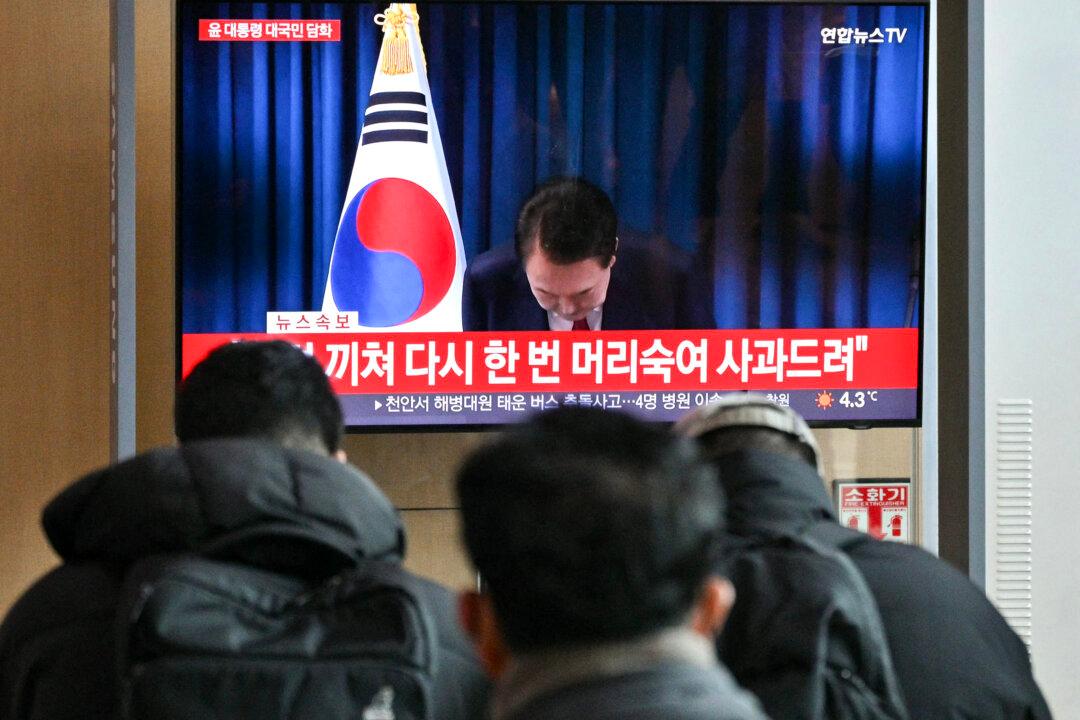South Korean President Yoon Suk Yeol addressed the nation on Saturday morning, apologizing for his controversial declaration of martial law earlier this week but stopping short of resigning.
In his televised speech, Yoon acknowledged the anxiety and inconvenience caused to the public and vowed to take full responsibility for the fallout from his actions. The apology comes ahead of a scheduled parliamentary vote on his impeachment.





